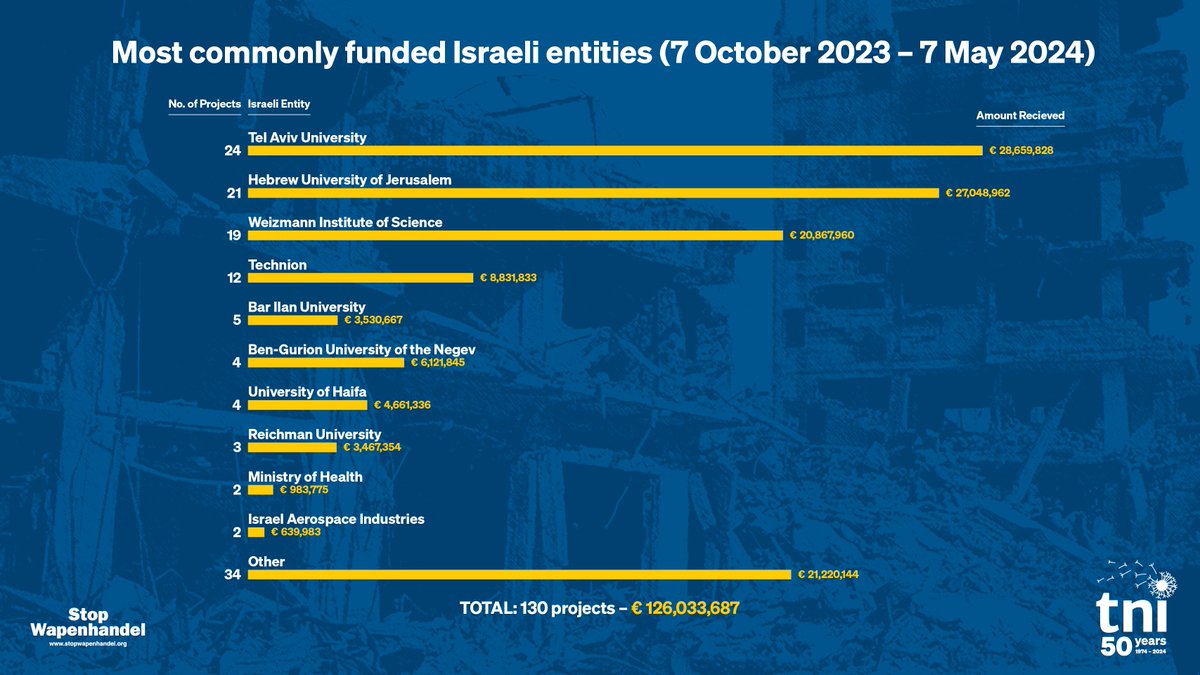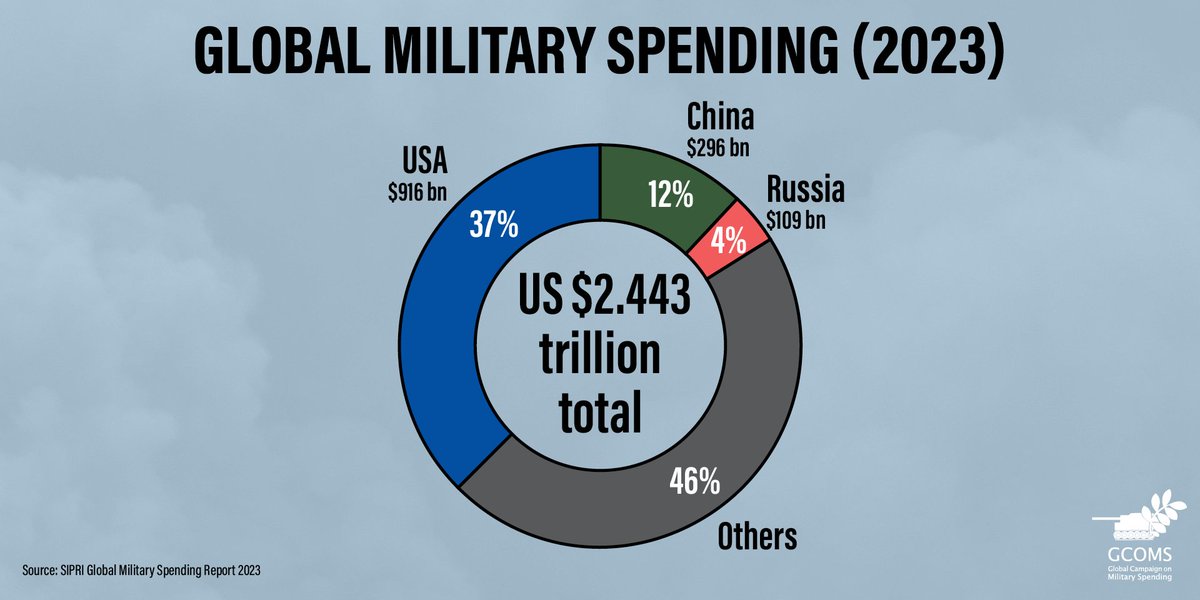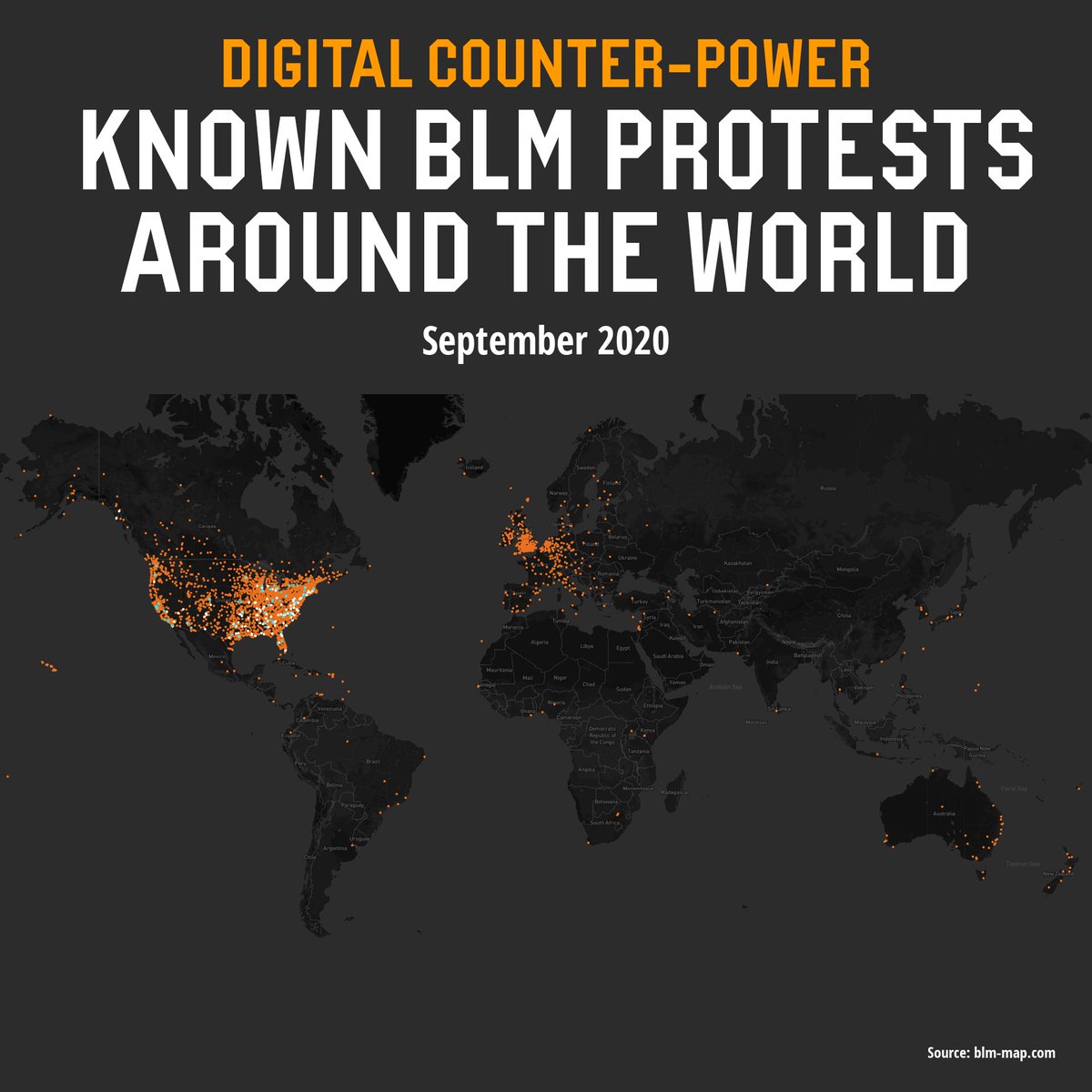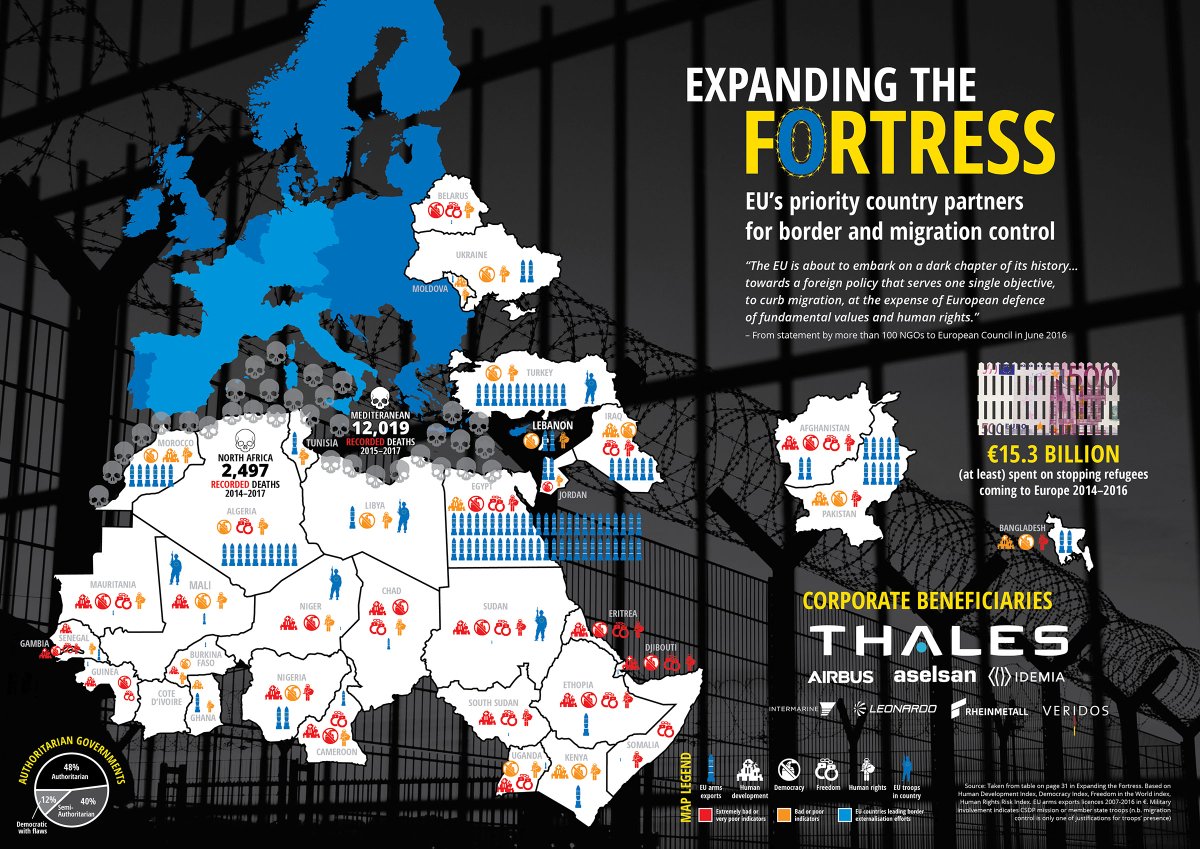🚨70 years after the UN 1951 Refugee Convention was adopted, Europe now looks to profit from the displaced. Our new research reveals how the highly lucrative arms trade is fuelling displacement and migration.
👉Read the full report: tni.org/smokingguns
👉Read the full report: tni.org/smokingguns
While the 1951 Convention set out to protect refugees, 70 years later they are being left to drown at sea. Using #OSINT we joined the dots between arms exports and displacement in five case studies, showing how #EUarms were instrumental in provoking forced displacement. 

Case Study I: Italy exported T-129 helicopter components and production capacity to Turkey that were used in Northern Syria in 2018 and 2019, contributing to the displacement of 278,000 people. 

Case Study II: Bulgaria exported missile tubes and rockets to Saudi Arabia and the US, which eventually ended up in the hands of IS forces in Iraq, violating end-user agreements. The weapons contributed to the displacement of at least 285,470 people from Ramadi and Mosul. 

Case Study III: British, French, and German drone components and production capacity were exported to Azerbaijan via Turkey and used in the disputed territory of Naghorno-Karabakh displacing half of the region’s population – approximately 90,000 people. 

Case Study IV: The conflict in the DRC is one of the world’s longest, yet Europe continues to supply arms that are used to perpetrate human rights violations. Between 2012 and 2017 European weapons potentially contributed to the displacement of millions. 
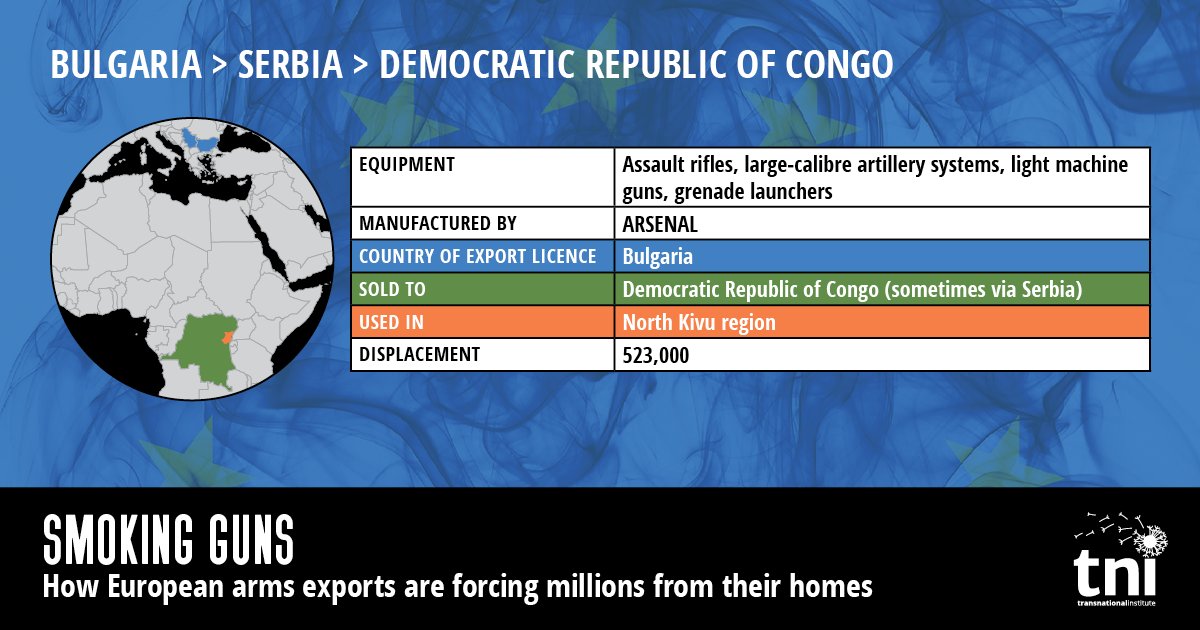
Case Study V: Italian training and patrol boats were given to the Libyan coastguard and used to forcibly pull back and detain migrants fleeing its shores. This closes the circle between displacement and migration with European arms companies profiting twice. 

Our new report 'Smoking guns' shows that #EUarms contributed to the displacement of at least 1.1 million people. Europe must place human rights above economic interests and curb its arms exports.
👉Read the full report here: tni.org/smokingguns
👉Read the full report here: tni.org/smokingguns

• • •
Missing some Tweet in this thread? You can try to
force a refresh




